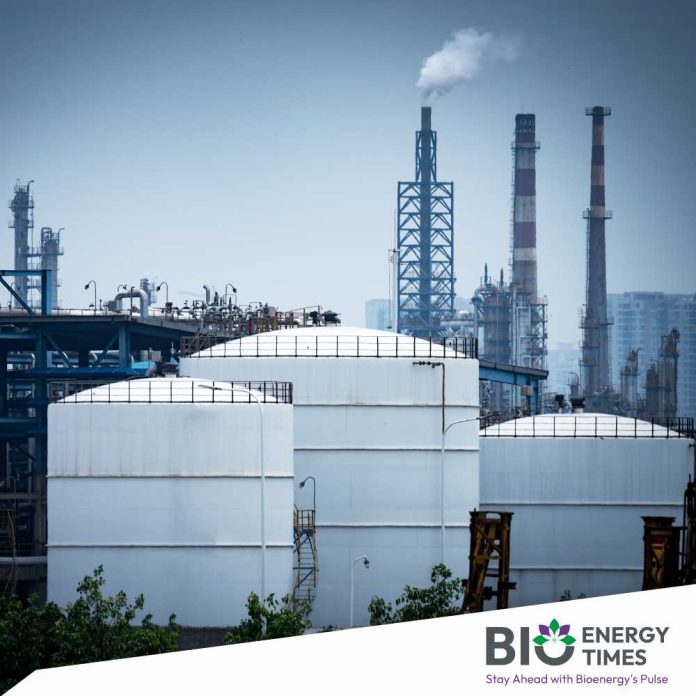Delhi: A study conducted by Nomura Research Institute has revealed that setting up compressed biogas (CBG) plants, which use paddy straw as a key feedstock, could reduce winter pollution in Delhi by approximately 30%. The study also highlighted that a single CBG plant can eliminate emissions equivalent to 1.5 lakh electric cars, reports Business Standard.
“Vehicles contribute 20-30% of Delhi’s particulate matter (PM) emissions, with older vehicles being the primary culprits. New BS-6 compliant vehicles, on the other hand, contribute the least, accounting for just 0.2% of the city’s pollution annually,” the study noted.
Delhi’s toxic air is a result of multiple sources, including vehicle emissions, construction dust, biomass burning (such as paddy straw stubble burning), and industrial emissions. “While vehicles account for 20% of Delhi’s pollution in summers and stubble burning contributes 16%, these figures rise to 30% and 23%, respectively, during winters. During peak stubble-burning season, biomass-burning emissions often exceed 30%,” the study added.
CBG, a renewable biofuel, is produced by anaerobically digesting organic matter and then purifying and compressing the biogas into biomethane. It can be used in CNG-run vehicles and serves as a sustainable alternative to fossil fuel-based CNG.
India has an abundant supply of feedstocks suitable for CBG production, including paddy straw, press mud, municipal solid waste, cow dung, and chicken litter. “Paddy straw is the most promising feedstock due to its high CBG yield (11%) and large-scale availability. Punjab and Haryana alone generate nearly 12% of India’s surplus agricultural residues, making them ideal for large-scale CBG expansion. For example, a CBG plant producing 10 tons of CBG per day requires 90 tons of paddy straw,” the study stated.
Ashim Sharma, Senior Partner at Nomura Research Institute, emphasized the need for a multi-pronged approach to facilitate the establishment of more CBG plants. “This should include introducing penalty clauses for non-compliance with mandatory CBG blending obligations, formulating dedicated bioenergy policies at the state level that offer additional capital subsidies, tax benefits, and exemptions for setting up CBG plants and machinery—similar to those in Uttar Pradesh, Andhra Pradesh, and Bihar—and encouraging corporate CSR spending in the CBG sector,” he explained.
The Union Petroleum Ministry has announced that CBG blending will become mandatory from 2025-26. Under the CBG-CGD synchronization scheme, city gas distribution (CGD) entities will be required to procure and distribute CBG. The blending targets are set at 1% in FY26, 3% in FY27, 4% in FY28, and 5% from FY29 onward. However, the policy currently lacks penalties for non-compliance.
The study underscores the potential of CBG to significantly mitigate Delhi’s air pollution crisis, particularly during the winter months, while also promoting sustainable energy solutions.














